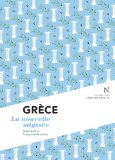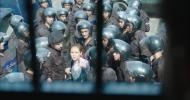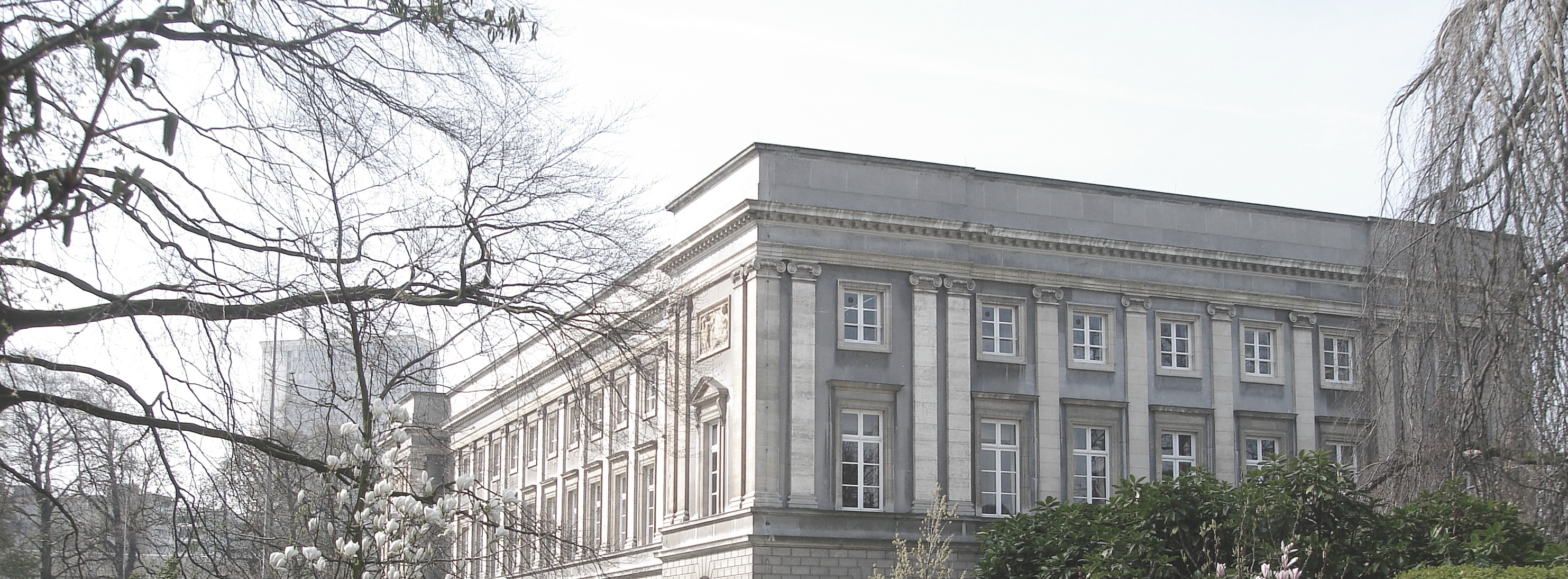“Does Europe have a strategic future?”
 Written by Nicole Gnesotto, this (small) book published by Armand Colin editions is timely. He draws up a lucid analysis, without complacency but also without lamentations on the current European Union in its diplomatic and defense versus. To paraphrase the doctor in spite of himself, Europe has a strategic future but it doesn't know...
Written by Nicole Gnesotto, this (small) book published by Armand Colin editions is timely. He draws up a lucid analysis, without complacency but also without lamentations on the current European Union in its diplomatic and defense versus. To paraphrase the doctor in spite of himself, Europe has a strategic future but it doesn't know...
As the author points out, who was the first Director of the Institute for Security Studies of the EU (*) and is now a professor at the CNAM, the European Union is not " still not become a powerful and respected actor on the international scene. It has certainly adopted the embryos of a common foreign and defense policy, with success, but its political influence remains marginal, random or invisible.. Even if the results of the last ten can be seen as positive, we are still far from a powerful Europe. " The demand for a "powerful Europe" remained a solitary project for France and a dangerous project for almost all of the European partners. » rightly analyzes Nicole Gnesotto who does not, however, lose hope.
« Europe is a necessary power ».
La creation of a " European political actor, the sharing (NB: and not the erasure) of national sovereignties for the benefit of the whole of the Union, is not an outdated object. The creation of a European pole within globalization is even, on the contrary, the only modern and vital question for the future of the Union. Contrary to what one might think, the “Globalization does not create a new strategic system”. It superimposes, is added to already existing situations such as nuclear deterrence, regional conflicts... Certain questions therefore remain current, for the author, who believes that Europe must respond to "three prerequisites" : “What relationship do we want to establish with the United States? What international system do we want to help implement? How to arouse and defend the evidence of a "European national interest" within globalization? »
• "Does Europe have a strategic future", Nicole Gnesotto, Ed. Armand Colin, 220 p., €18,50.
(*) Update : The Security Institute was initially dependent on the WEU before being attached to the EU. N. Gnessoto is thus the first director at the EU. But the third director of the Institute after its first director, John Roper (UK), replaced in 1995 by Guido Lenzi (Italy).



